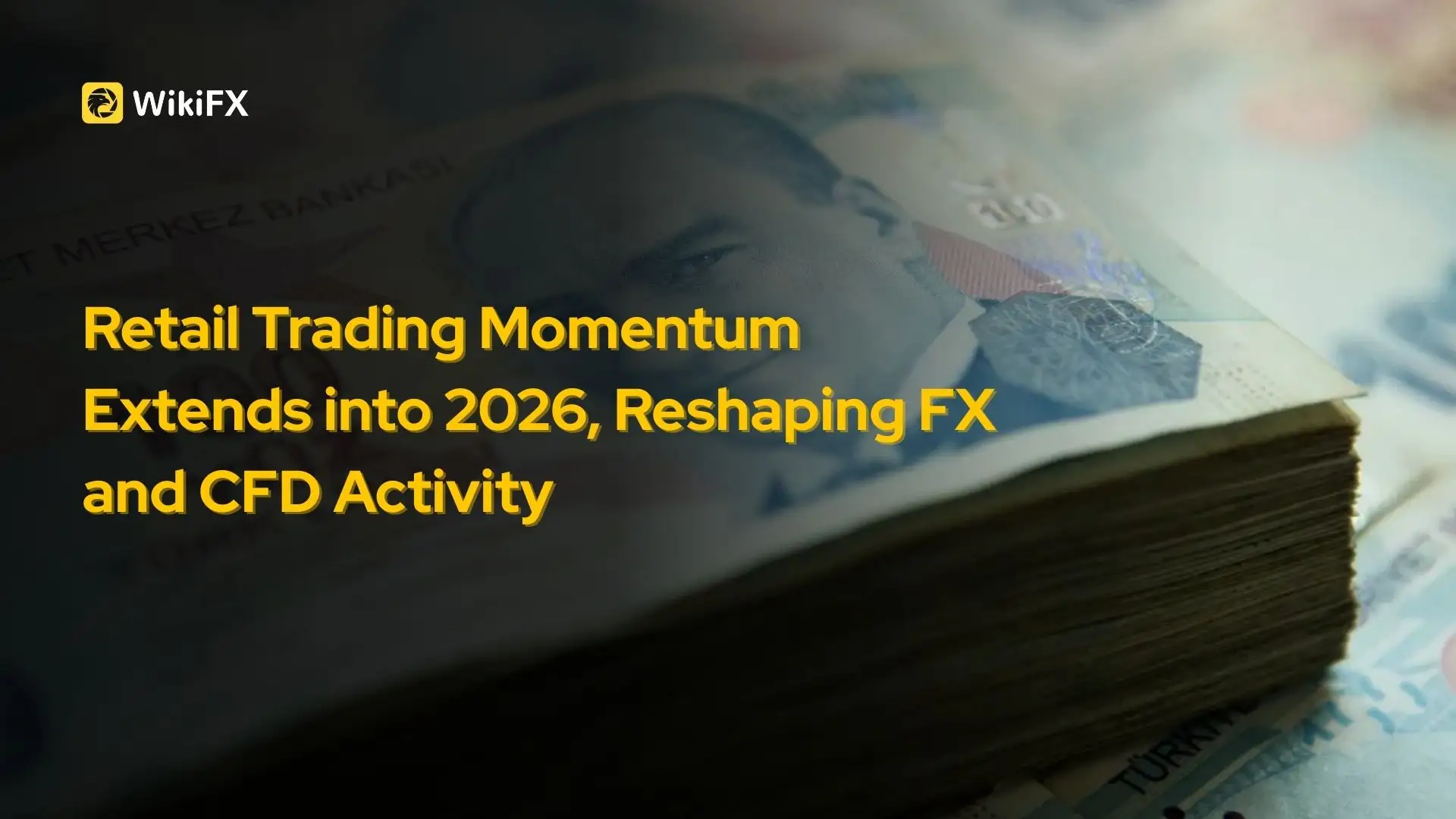Global Brokers Expand Into Crypto Trading While Testing Prediction Market Models
Regulators are scrutinizing prediction markets as brokers add crypto assets to their platforms. Is innovation outpacing compliance?
简体中文
繁體中文
English
Pусский
日本語
ภาษาไทย
Tiếng Việt
Bahasa Indonesia
Español
हिन्दी
Filippiiniläinen
Français
Deutsch
Português
Türkçe
한국어
العربية
Abstract:The recent revelation by Mr. Godwin Emefiele, Governor of the Central Bank of Nigeria, about the decline in Nigeria's oil-related dollar inflows has elicited a variety of responses, from surprise to accusations. Emefiele claims that the average monthly revenue sales has decreased from $3 billion in 2014 to "an absolute zero dollars at this time."

The recent revelation by Mr. Godwin Emefiele, Governor of the Central Bank of Nigeria, about the decline in Nigeria's oil-related dollar inflows has elicited a variety of responses, from surprise to accusations. Emefiele claims that the average monthly revenue sales has decreased from $3 billion in 2014 to “an absolute zero dollars at this time.”
In a year when oil prices have reached historic highs, this seems illogical, if not absurd. TNaturally, there has been a lot of finger-pointing.
However, it is crucial and why Nigeria has come to be in this horrible situation before assigning blame.
Some commentators have repeatedly brought up the same cause. Although one or two causes may have had a significant impact, the reality is that there are numerous variables at play, and they interact with one another. Some are more recent, while others have been around for a while. This current situation is a perfect storm. Unfortunately, this perfect storm comes at a time when we should be benefiting greatly from historically high oil prices. None of these are taking place.
Before we explore the causes of the almost complete halt in oil dollar inflows, a few quick clarifications will be required. The CBN will repeat this again; this is not the first time. The CBN asserted in a study titled “The Forex Question in Nigeria: Factsheet” published in July of this year that “domestically, there has been zero-dollar remittance by the NNPC to the country's foreign reserve.” Quickly disputing, NNPC said that it had $2.7 billion into its CBN account during the first half of 2022.
It is crucial to emphasize that, despite NNPC has stopped sending money to the Federation Account for some time, the overall revenue that the oil and gas industry contributes to the government has not decreased to zero. The sector contributes to the Federation Account through the sale of natural gas, fees, and fines, concession rentals, signature bonuses, NLNG dividends, and Petroleum Profit Tax (PPT). With the exception of sales of crude oil, the other sources of income have persisted, even though they are also declining because they are largely based on volume produced.
Oil inflows through the CBN have, up until very recently, been in lockstep with oil prices, according to a dataset assembled from the CBN's Statistical Bulletins from the year 2008. As a result, oil inflows through the CBN are often high during periods of high oil prices and during periods of low oil prices. However, over 70% of all forex inflows through the CBN used to be accounted for by the oil sector.
For instance, the $3.16 billion in oil-related forex inflows through the CBN in June 2008 accounted for 96.04% of the $3.29 billion in overall forex inflows. The entire CBN forex inflows for January 2010 were $2.30 billion, or 86.52% of the total oil inflows, which fell to $1.99 billion. The $4.79 billion in oil inflows in March 2014, which accounted for 98.15% of the overall $4.88 billion in CBN forex inflows. The sharp fall, however, began in February 2015 when both the quantity and share of oil inflows started to decline. Oil inflows totaled $1.52 billion, or 59.6% of all CBN inflows.
The fact that as of June 2022, oil inflows had fallen to $755 million, or just 18.06% of all FX inflows through the CBN, should focus thoughts and serve as a segue to the matter at hand. How come oil inflows through CBN were $4.79 billion in March 2014 when the average price for Brent crude was $107.48 per barrel and merely $755 million in June 2022 when Brent crude sold for $122.71 per barrel, even after allowing for the lag in transfer of oil revenue?
I'll focus on three interconnected elements that have affected Nigeria's crude oil sales revenue and foreign currency inflows. The first is the sharp drop in our country's oil output. To produce one million barrels per day is hard, down from a peak of 2.5 million barrels per day in 2005. There are other factors at play. Oil theft has long been a problem in the industry. Due to a more than 50% decrease in overall production, it is only more obvious now.

Disclaimer:
The views in this article only represent the author's personal views, and do not constitute investment advice on this platform. This platform does not guarantee the accuracy, completeness and timeliness of the information in the article, and will not be liable for any loss caused by the use of or reliance on the information in the article.

Regulators are scrutinizing prediction markets as brokers add crypto assets to their platforms. Is innovation outpacing compliance?

In forex trading, what truly determines risk is often not market volatility itself, but whether information is authentic, transparent, and fully visible.

Share Your Expertise on What’s Moving the Market.

Strong retail participation in 2026 is driving forex and CFD trading volumes higher, as investors expand beyond equities into macro-sensitive markets.
